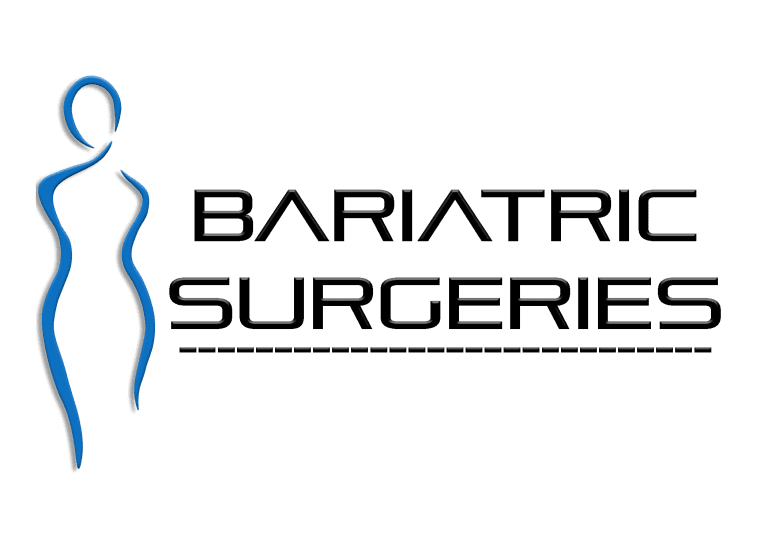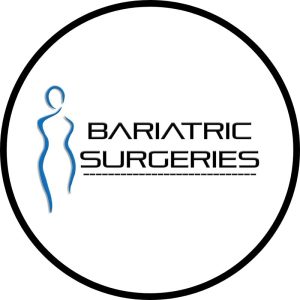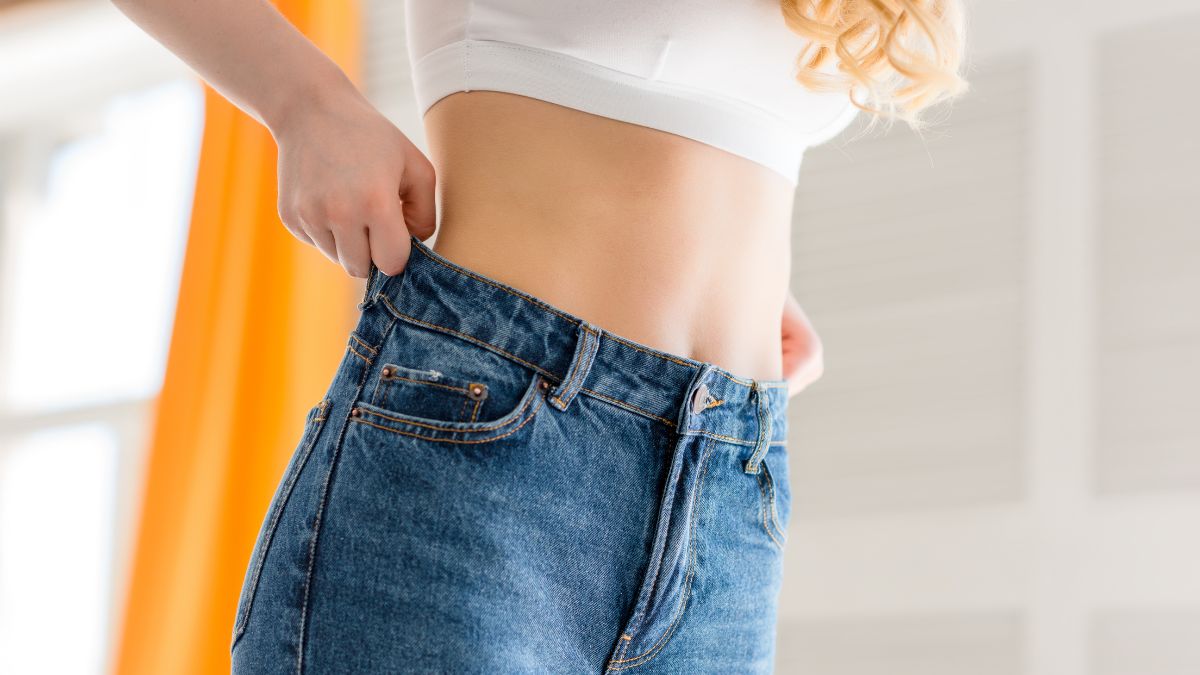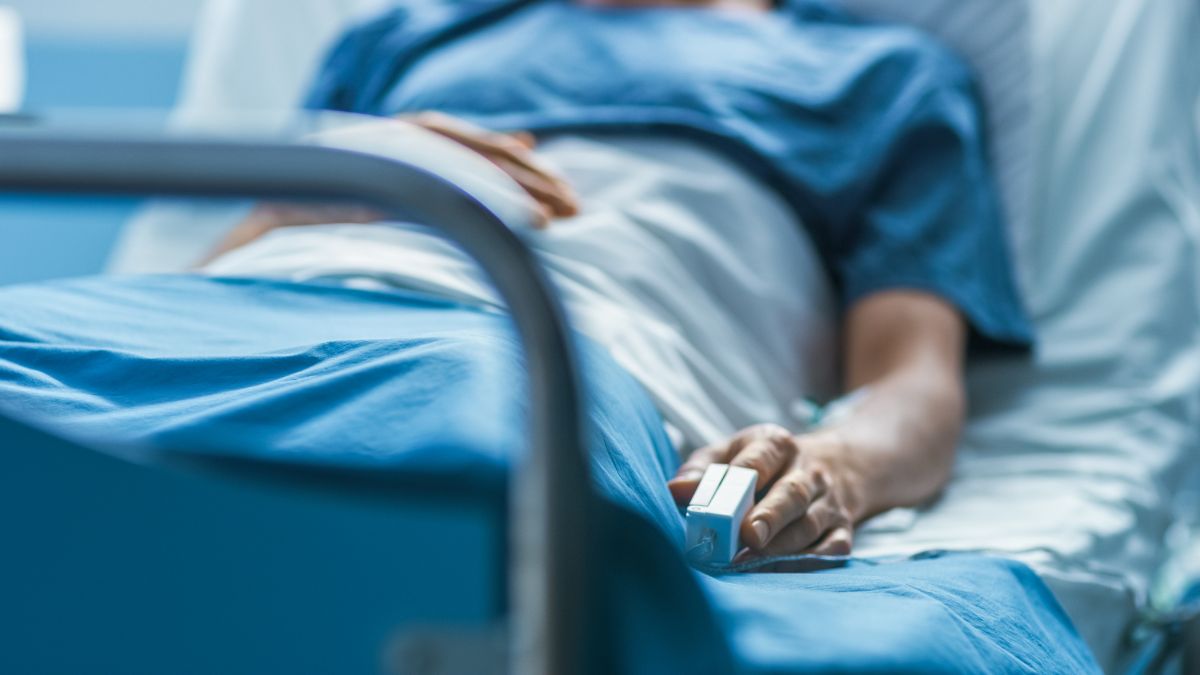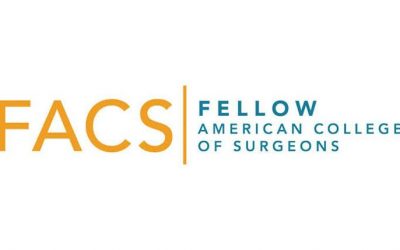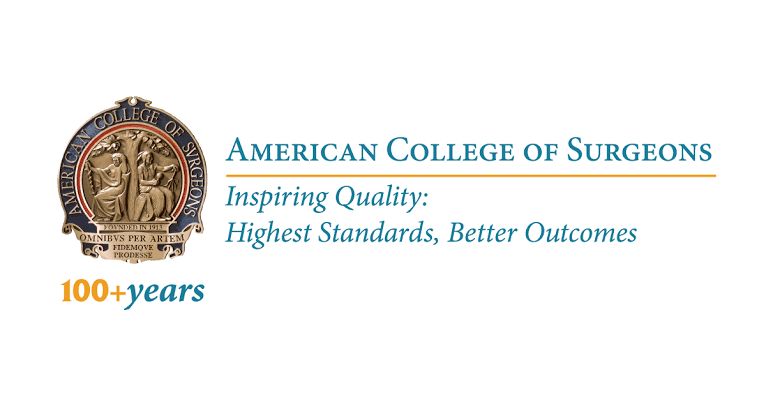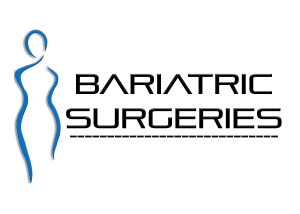You’ve just had surgery. You’re feeling anxious and eager to get home and relax in your bed. But before you can go, your surgeon has instructions for you: no coffee for the next two weeks! What? You love coffee! Can’t you have at least one cup?
As it turns out, there are good reasons why your surgeon is telling you not to drink coffee after bariatric surgery. After surgery, bariatric surgery patients need to make lifestyle changes to promote healing and weight loss. For example, you should stay hydrated, and your diet should focus on lean proteins, healthy fats, and non-starchy vegetables.
Read more: The Importance Of Hydration After Weight Loss Surgery.
We’ll discuss those reasons and give tips on overcoming your coffee cravings.
How Does Coffee Affect Bariatric Surgery Patients?
Coffee can be a part of a healthy post-bariatric surgery diet but in moderation. Some bariatric surgery patients may find that caffeine increases their hunger and cravings, which could hinder weight loss progress. It’s essential to consider coffee’s effects on your body when deciding if it will fit your lifestyle. Here are some effects of caffeine on your body after bariatric surgery.
1) Caffeine can cause dehydration. After bariatric surgery, your body is already at risk for dehydration due to reduced fluid levels. Caffeine has a diuretic effect on the body and can make it harder for your body to rehydrate itself.
2) Too much caffeine may increase hunger and cravings. Bariatric surgery patients are encouraged to eat smaller, more frequent meals and snacks to get the nutrition they need. If your caffeine intake is too high, it can increase hunger and cravings, leading you to consume more calories than you should.
3) Caffeine can lead to vitamin deficiencies in some people. Too much caffeine can interfere with absorbing essential vitamins and minerals, including iron and calcium. This is especially true in bariatric surgery patients since they are already at risk for malnutrition.
4) Acidic properties can increase stomach discomfort or acid reflux. Caffeine can irritate the stomach and increase acid production, leading to heartburn, nausea, and other gastrointestinal symptoms.
When Can You Start Drinking Coffee After Bariatric Surgery?
The answer depends on the type of bariatric surgery that you had. Generally speaking, if you’ve undergone a Gastric Bypass or a Sleeve Gastrectomy, it is recommended to wait between 6-8 weeks post-surgery before drinking coffee. This allows enough time for your stomach to heal and adjust to its new size.
However, if you had a Laparoscopic Adjustable Gastric Band procedure, it is generally recommended to wait 12 weeks before having coffee. This surgery requires more time for healing, and drinking coffee too early can strain the stomach and slow your recovery process.
When you begin drinking coffee again after bariatric surgery, listen to your body and avoid drinking too much caffeine. Caffeine can cause dehydration and increase the chances of a stomach ache or nausea post-surgery.
For the best bariatric surgery in Mexico, contact ALO Bariatrics. We are dedicated to helping patients achieve their weight loss goals through quality bariatric care and support.
